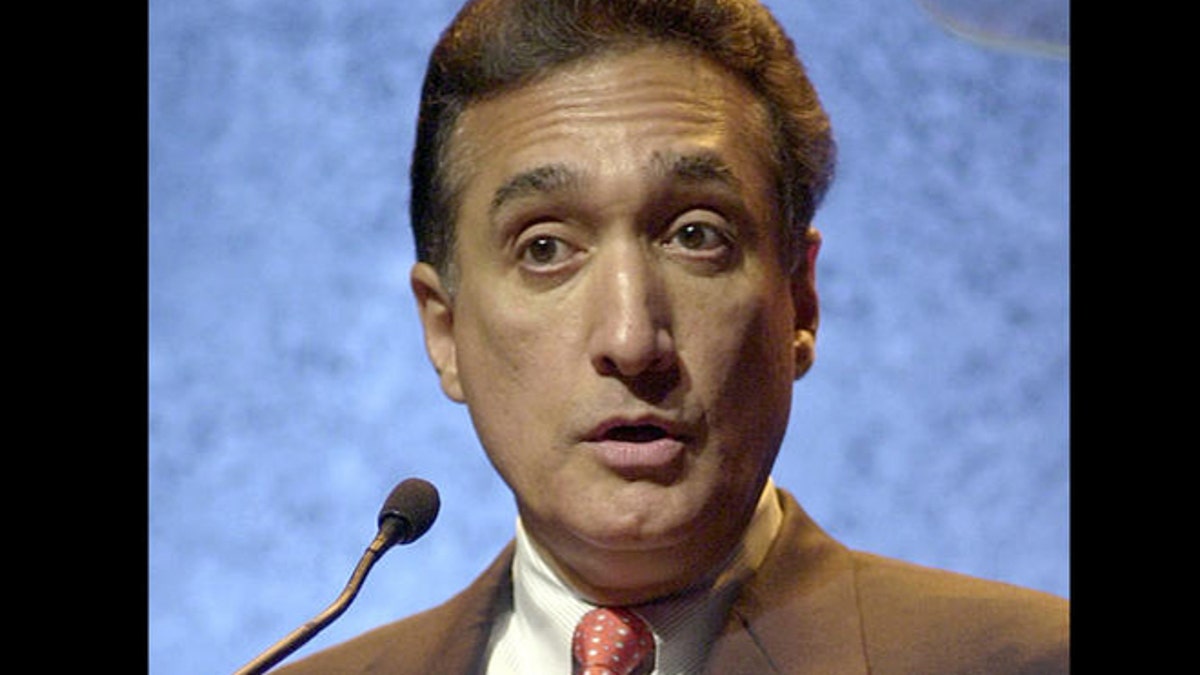
A high-profile task force pushing immigration reform that includes former cabinet and congressional officials said it would be a mistake to give a break to millions of undocumented immigrants by presidential decree like it was done with young "dreamers," something that many advocates are urging.
The group, the Bipartisan Policy Center Immigration Task Force, said on Thursday that if President Obama were to use executive powers to extend what is known as “deferred action” to the nation's 11 million undocumented immigrants, the action would erode public trust as well as produce a backlash to efforts in Congress to reform the U.S. immigration system in a way that likely would provide a path to legal status to certain people who live here illegally.
Last year, Obama issued orders to suspend deportation for two years for young undocumented immigrants who came to the United States as minors, commonly known as "dreamers." To those advocating less immigration levels, such moves are deemed as amnesty rewarding illegal behavior.
The program, called Deferred Action for Childhood Arrivals, or DACA, grew from criticism from immigration advocates that Obama had failed to fight hard enough for comprehensive immigration reform – particularly the aspect of it that gives certain undocumented immigrants a chance to legalize their status.
"Beyond just legal concerns, we believe expanding DACA in this manner would be unwise for several reasons,” said a statement released Thursday by the group. “Extending DACA through executive action is not a permanent solution to our immigration system’s shortcomings. . .Our country needs a durable solution that only bipartisan legislation, supported by majorities in both houses of Congress, can provide.”
The group also cautioned against any move that could be perceived as making an end-run around Congress, especially on the emotional issue of immigration.
“Our energies should be focused on encouraging Congress to move forward with the legislative process,” the statement said, “rather than trying to circumvent it through preemptive executive action.”
A bipartisan comprehensive immigration reform bill passed in June in the Senate, but the House has addressed the issue in fits and starts. Conservative members in the House say they will not rubber stamp the Senate bill, which both tightens border security and interior enforcement, while also allowing a path to legal status for undocumented immigrants who meet a strict set of criteria.
Conservative Republicans in the House, however, vowed not to pass any measure that would provide “amnesty” to people who are here illegally.
Many activists have argued that the president, who blamed Republicans in Congress for the lack of progress on a reform measure, had the authority to implement some changes in immigration policies through an executive order or some other initiative.
Those who favor strict immigration enforcement say the president must not make such moves unilaterally.
To be eligible under DACA, immigrants have to prove that they arrived in the United States before they turned 16, have been in the country for at least five years, are 30 or younger, are in school or have graduated or have served in the military. They cannot have a criminal record or otherwise be considered a threat to public safety or national security.
“DACA was a very positive thing,” said Henry Cisneros, former Secretary of Housing and Urban Development under President Clinton and member of the BPC task force, in a conference call with reporters.
“I actually have a student who is on deferred action who I am helping get through college right now, and who is actually living in a house that I own," Cisneros said.
But, he added, it should not be more broadly applied.
“We stand by the rule of law.”
The task force also includes former Los Angeles Mayor Antonio Villarraigosa and Condoleezza Rice, former national security advisor to former President George W. Bush and Hilda Solis, former Labor Secretary under President Obama.




